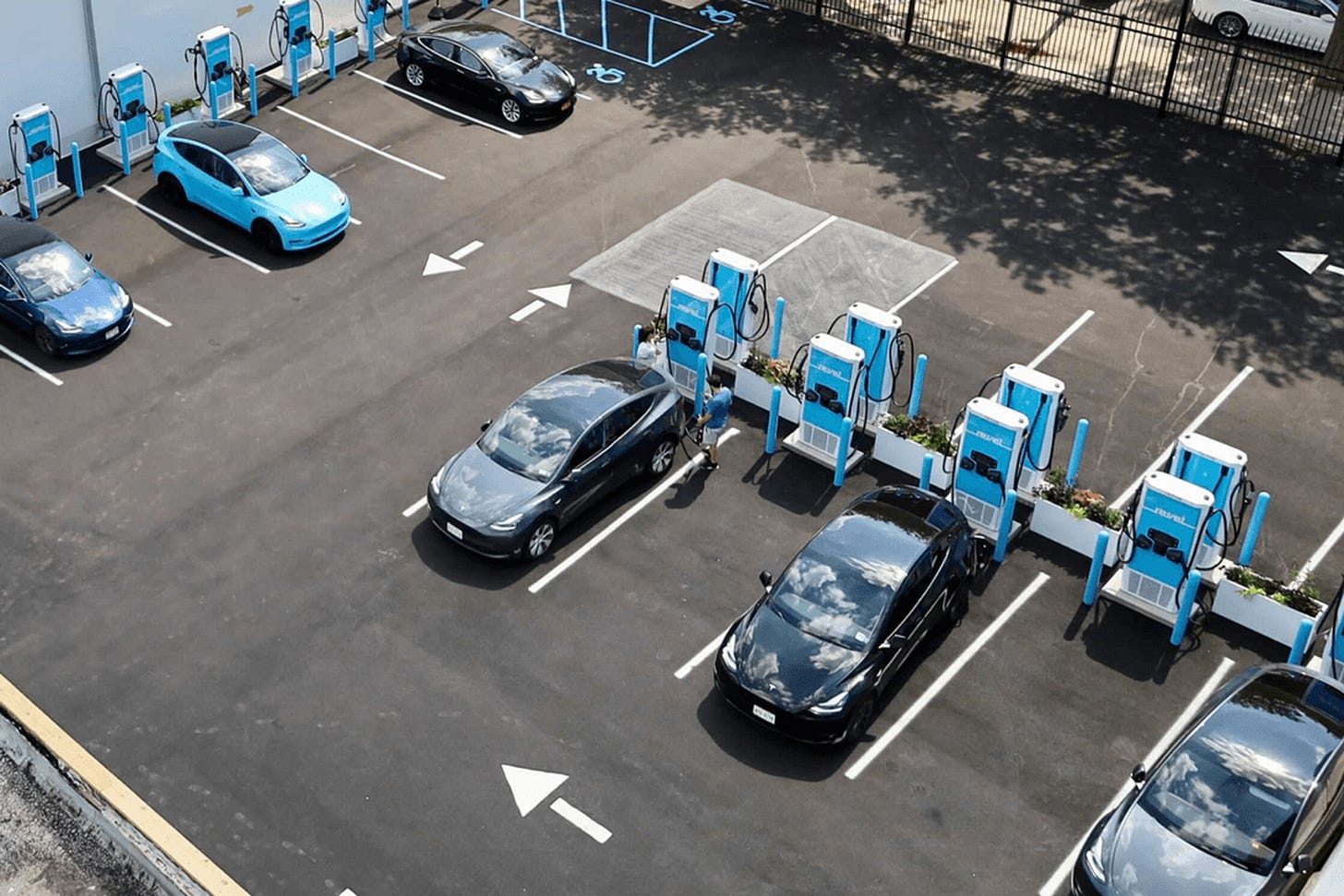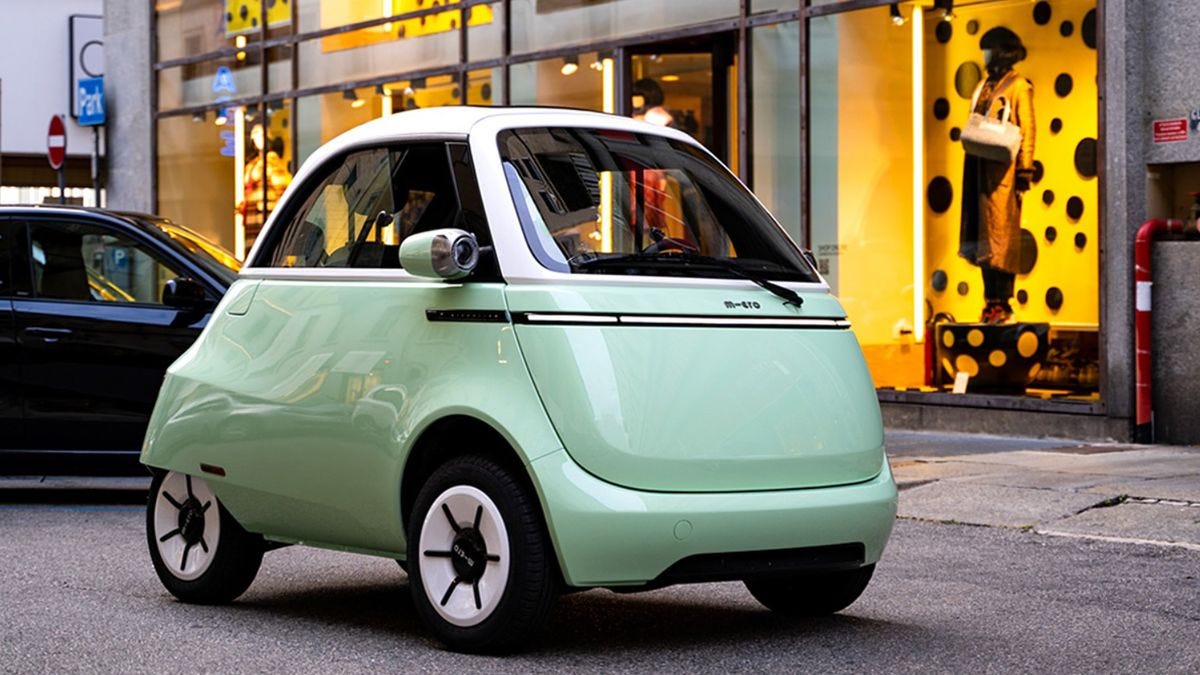💸 More Subsidies, More Ebikes
Plus, the U.S. is shelling out $120M+ for street safety and tech.
🏆 The first elimination round of the Riders’ Choice Awards is 1 week away. Vote now to ensure your favorite nominees survive the cut!
📫 Help us make this newsletter better by sharing a bit about yourself. We’re conducting our annual 60-second audience survey and would greatly appreciate your participation.
Today’s newsletter is brought to you by… Mobis
Mobis Corporate Finance is the leading advisor within the micromobility industry having assisted numerous ebike brands, shared mobility companies, and component manufacturers on M&A, equity raises, and debt raises. With a dedicated team based in Amsterdam, Mobis is serving its international customers with high-quality and tailor-made corporate finance advice. Learn more here.
What You Need to Know Today
Our podcast interview with Levi Conlow of Lectric is now live. The value-based DTC seller ships +100,000 ebikes a year, making its flagship Lectric XP the third best-selling EV in America after Tesla's Model 3 and Model Y. Or as Levi puts, it's "the Costco hotdog" of ebikes. We discuss industry challenges, safety regulations, potential acquisitions, and more. Listen in.
Tax credits and subsidies for electric bikes in the U.S. are on the rise. Almost every week, more cities, states, and public utilities are enacting policies to provide vouchers for ebike purchases. Check out our incentive tracker to find out what incentives might be available in your area.
Relatedly: Oregon Rep. Earl Blumenauer, a prominent cycling advocate and the architect of a gridlocked bill that would have created a national ebike subsidy, will not seek re-election in 2024.
India’s Ministry of Defense is looking into buying electric motorcycles for the army.
The Safe Streets and Roads for All program from the U.S. DOT will give out over $82M in grants to 235 communities to improve roadway safety, including safety action plans and quick-build strategies to test features such as protected bike lanes or curb extensions.
The Feds also opened a $40M grant opportunity to advance V2X technology, a new form of communications technology that connects vehicles and alerts road users as to each other’s locations and speeds to enhance safety.
New data from NACTO shows that bike- and scooter-sharing trips in the U.S. and Canada increased in 2022, year-over-year, although shared micromobility usage is still lower than it was before the pandemic. Interestingly, bikes have experienced a far stronger recover than scooters post-covid, accounting for all of the growth last year.
Maybe that’s why New York City is going to double the number of ebikes in its bikeshare system from 10,000 to 20,000. Likewise, the San Francisco Bay Area’s bikeshare system is adding another 2,000 ebikes.
Brussels is gradually becoming a cycling mecca on par with Amsterdam and Copenhagen. With nearly two months left in the year, the Belgian capital has already surpassed its previous annual record with 10M bike trips.
New York–based rideshare startup Revel is bailing on electric mopeds to focus exclusively on creating a taxi and charging network for electric cars.
Calls are mounting for the U.K. to do something—literally anything—to save electric scooters from years of legislative limbo. Currently it is illegal to ride your own personal electric scooter on a public road in England, but it is legal to hire a rental scooter in one of 23 trial areas.
Walking is down by 36% in the U.S. since the pandemic. One reason people may be using their feet less is pedestrian deaths just reached a 40-year high.
Microlino, a tiny, emission-free bubble car, is going on sale in the Netherlands.
When it comes to delivery logistics, the private and public sector seem to be on the same page. Cargo bikes are starting to emerge as the most effective delivery device, but they need the right infrastructure to thrive. Cities and businesses are working to make it happen.
Austin just became the largest city in the United States to ban mandatory parking minimums.
The Dutch city of Maastricht is cracking down on so-called “orphaned” bikes and ebikes that are chained illegally to lamp posts and fences by handing out fines.








